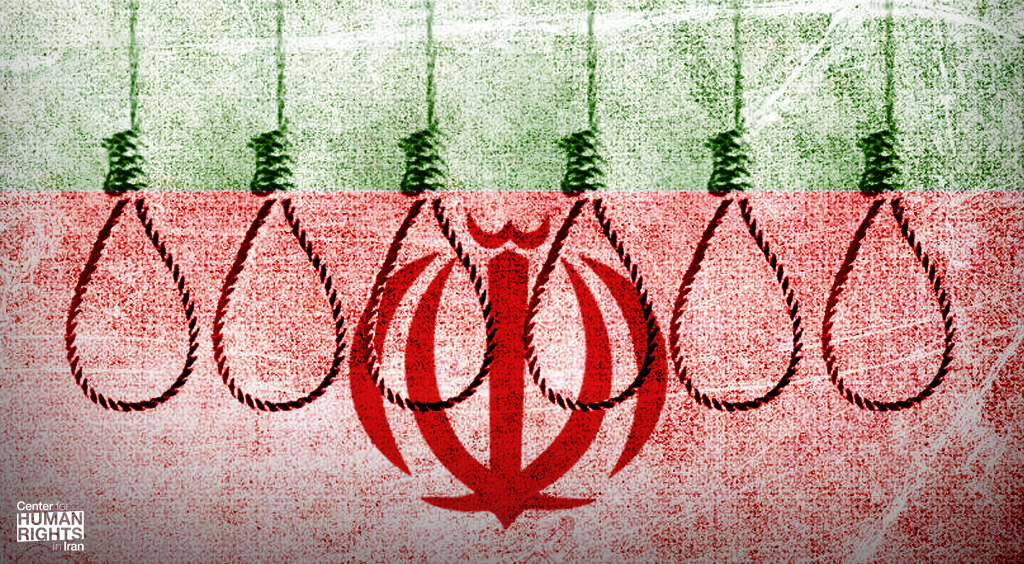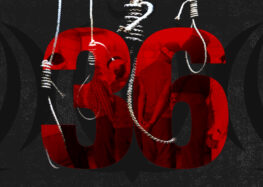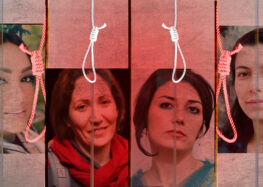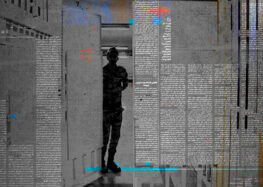Political Executions Surge in Iran as Government Seeks to Silence All Dissent

Young Men Are Hanged without Due Process or Fair Trials
August 2, 2023 – Politically motivated executions are increasing dramatically in Iran, with at least 17 mostly young men hung in blatantly unlawful prosecutions over the last 10 months.
The Islamic Republic has executed individuals for political reasons since its inception—including for the peaceful expression of dissent, participation in peaceful protest, and membership in opposition groups—but its open use as a tactic of intimidation and retribution against those whom it feels are critics has intensified.
“The international community must be clear with Iranian authorities that continuing its killing spree will result in an extraordinary intensification of the Islamic Republic’s political and economic isolation,” said Hadi Ghaemi, executive director of the Center for Human Rights in Iran (CHRI).
“Without strong coordinated international action, the world is green-lighting this carnage,” Ghaemi said.
The increase has occurred in the wake of the protests that erupted across Iran after the September 2022 death in state custody of 22-year-old Mahsa Jina Amini. During those protests, many Iranians peacefully expressed profound disapproval of the Islamic Republic’s repressive political order.
For participating in those protests, seven young men were hanged as of July 2023, and, since the outbreak of the nationwide protests in September 2022, at least another 10 people were hung for various political “crimes.”
Those executions were carried out after prosecutions and trials characterized by severe violations of due process and fair trial rights, which are guaranteed under Iranian law and international treaties to which Iran is a signatory. These violations included:
- Denial of the right to counsel
- Denial of the right to counsel of choice
- The use of torture to extract forced “confessions” that are then used as evidence to convict
- Denial of the ability to mount an effective defense in court, through the withholding of case files and other unlawful tactics
- None of the protesters sentenced to death were tried in civil courts for political crimes in front of juries
Death sentences were also carried out for convictions on charges that are vague, catch-all terms which are inherently subjective and facilitate the arbitrary application of the death penalty for political motives, such as “corruption on earth” and “enmity against God” (or “waging war against God”). Dozens of additional individuals have been charged with these “crimes” and thus face possible executions.
17 Men, Many Young, Hung on Sham Political Charges
The seven individuals who were arrested in connection with the protests and executed (during the period from September 2022 to the present) include:
- Mohsen Shekari (age 23)
- Mohammad Mehdi Karmi (age 22)
- Mohammad Hosseini (age 41)
- Majidreza Rahnavard (age 23)
- Saleh Mirhashmi (age 36)
- Majid Kazemi (age 30)
- Saeed Yagoubi (age 37)
During the same period, the following ten individuals were also executed for various political “crimes”:
- Yousef Mehrdad for “insulting the Prophet”
- Sadrollah Fazeli-Zare for “insulting the Prophet”
- Mohiyeddin Ebrahimi, for membership in, and cooperation with, the Kurdistan Democratic Party of Iran
- Habib Farajollah Chaab, for allegedly leading an Arab separatist organization in southwest Iran
- Afghan citizen Mohammad Ramez Rashidi for the alleged attack on a shrine in Shiraz
- Afghan citizen Naim Hashem Ghetali for the alleged attack on a shrine in Shiraz
- Rashed Baluch for cooperating with the Jeish al-Adl separatist organization
- Eshagh Asekani for cooperating with the Jeish al-Adl separatist organization
- Hassan Abyat, accused of membership in Arab organizations opposed to the state
- Sarkut Ahmadi, former member of the Kurdistan Democratic Party of Iran, charged with “waging war”
Executions Also Carried Out for Drug Offenses that Violate International Norms, Minorities Targeted
In addition to politically motivated executions, hundreds of other individuals were executed in Iran for alleged non-political crimes—primarily drug offenses—which violates the international requirement that capital punishment only be used for the “most serious” crimes, which do not include drug offenses.
Drug-related executions have disproportionately affected individuals from marginalized and economically disadvantaged backgrounds, as highlighted by Amnesty International. Notably, the Baluchi ethnic minority in Iran, which is both persecuted and impoverished, constitutes about 20 percent of the reported executions, despite comprising only five percent of Iran’s total population.
As of August 2, 2023, there have been at least 423 recorded executions in Iran since January 1, 2023, according to Iran Human Rights. This data suggests that the number of executions this year is on track to surpass last year’s figure of 582 hangings. Due to the lack of governmental transparency in the Islamic Republic, the precise tally of executions remains uncertain and is likely higher than reported.
“The aim of these unlawful executions is to eradicate dissent and sow fear among the population,” said Ghaemi. “Governments and international organizations have a crucial role in exerting pressure on the Iranian government to put a stop to this state-sanctioned murder,” he added.
This report was made possible from donations by readers like you. Help us continue our mission by making a tax-deductible donation.






